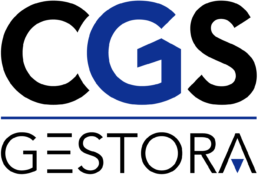Collecting info is the first step in finding approaches to business problems. Once you have an obvious idea of what your organization is intending to achieve, you have to figure out how to obtain the data that will help you get there. The kind of data you will need will depend on your goals and may end up being either quantitative or qualitative. Quantitative info is statistical and explains things in concrete and simply measurable conditions, such as rates, amounts and statistics. Qualitative data is usually descriptive and gives an insight in to people’s emotions, opinions and perceptions of a matter.
It is important to have a formal procedure for collecting data because it ensures that the data gathered is accurate and unbiased. This is particularly significant in areas where groundwork integrity can be described as concern, such as laboratory sciences or public sciences just like sociology or perhaps cultural anthropology. The use of particular data collection instruments (whether existing types, new types or improved versions) and clearly delineated instructions for their correct use reduces the likelihood of problems the moment collecting info.
Depending on the technique of data collection you choose, the next phase is recording or organizing your data. Full Report This could take a large number of forms according to type of data you are collecting and your desired way of analysis. For the purpose of case, if you are performing a survey you might record the responses on a chart or write them down, while a focus group interview requires comprehensive notes. Recording is a essential part of the info collection process as it enables you to review and evaluate your details after the truth, rather than needing to rely on mind or second-hand reports.

